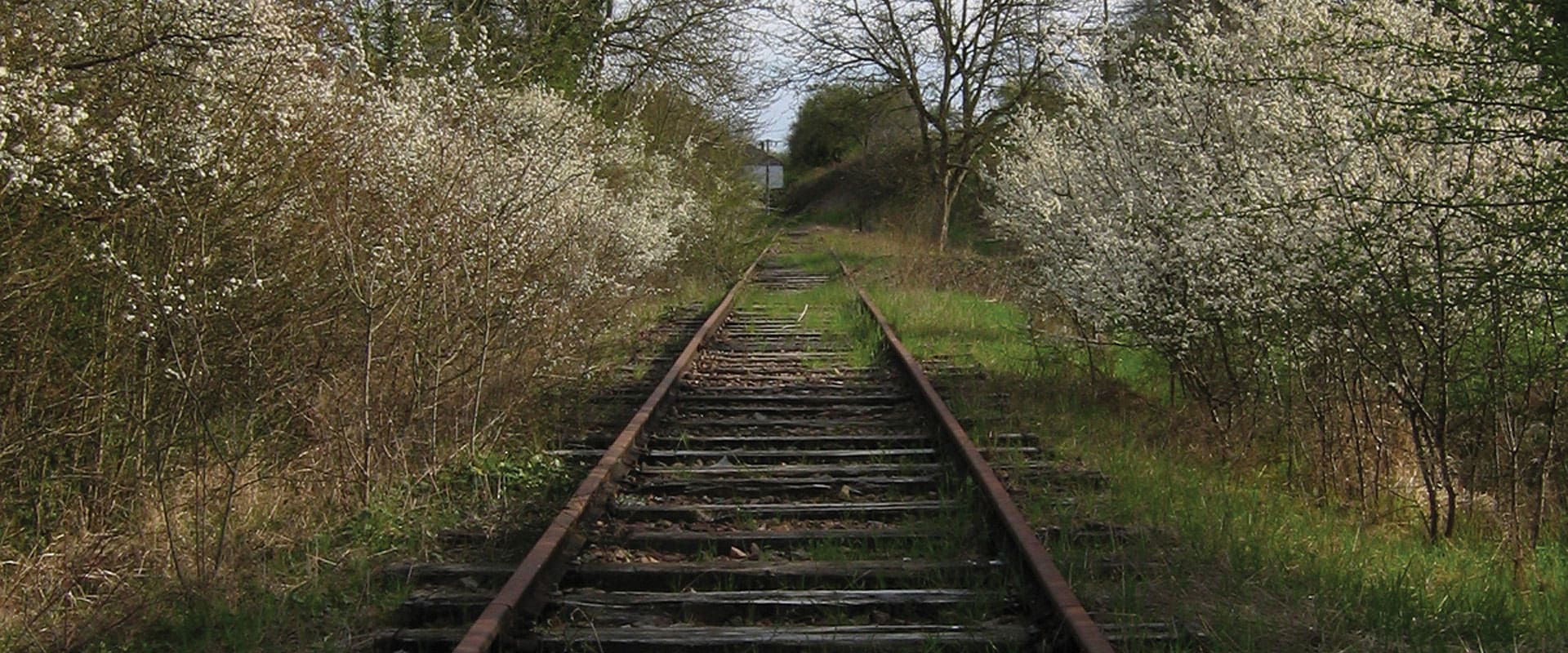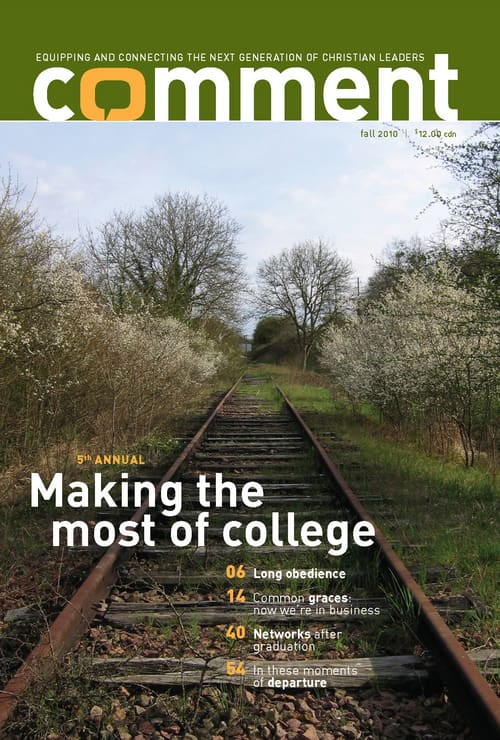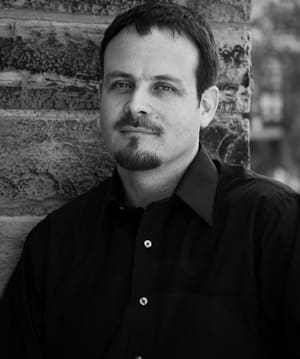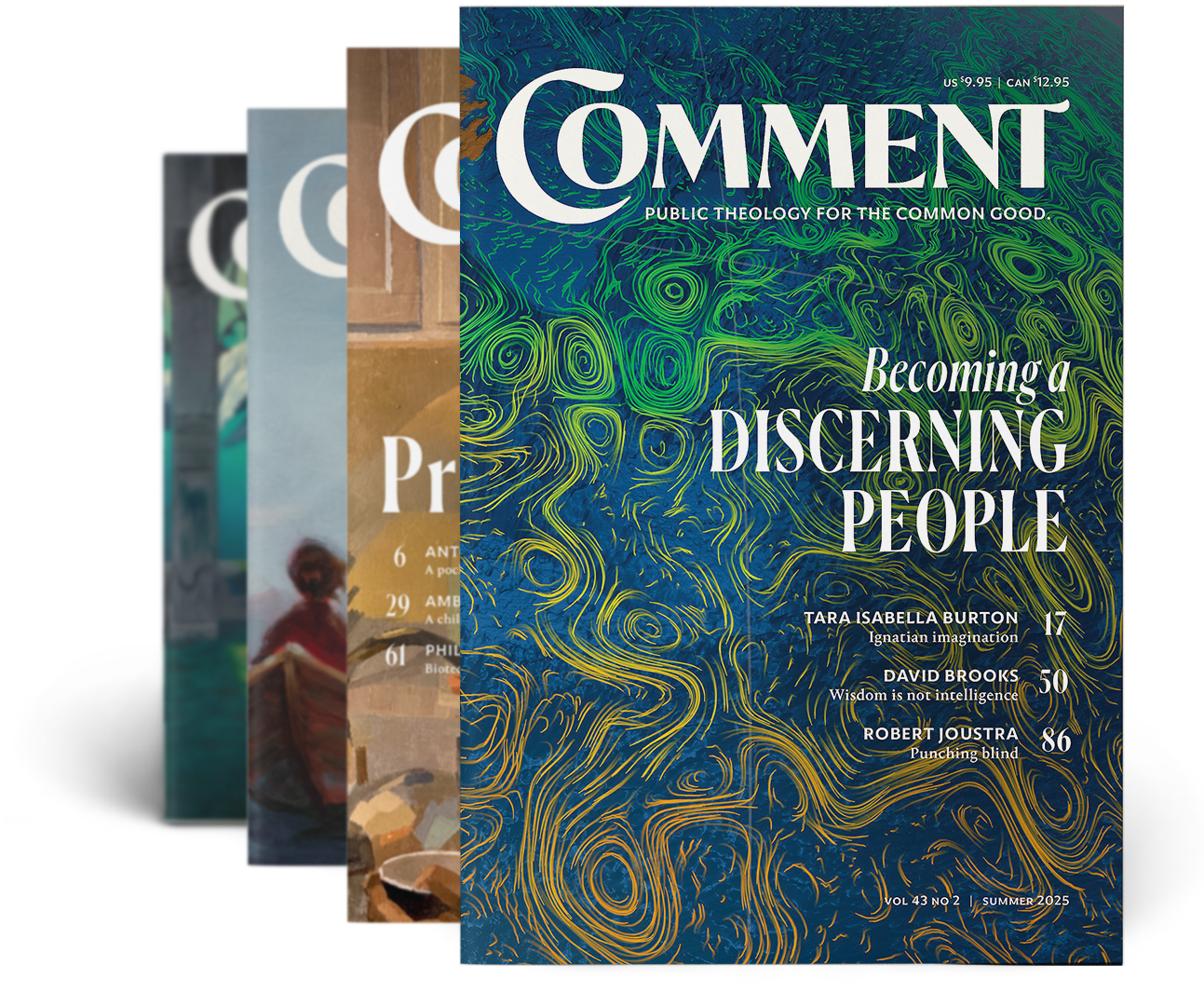Among the many weird things I have asked of my philosophy and aesthetics students over the years, one of the weirder things has been that they take their shoes off in class. Not in every class, not in every course, but every so often.
Why don’t you do that now? Take off your shoes. I’ll explain in a moment.
One of the books that I believe every college and university student should read is Calvin Seerveld’s Rainbows for the Fallen World. And the most important part of that book is its introduction, in which Cal offers an exposition of the good news of Psalm 19 (“that the whole world of rocks and dirt, wind and seas, is a chorus of praise to the almighty Lord of heaven and earth,” “that the ways God set up creation and assigns tasks in history are paths of shalom when they are followed in covenant with him,” that “creation is revelation of the true God”) and its implications for those of us who are teachers and students (“that no follower of Jesus Christ need be uneasy about whether study of biology, psychology, or aesthetics is full-time kingdom service for the Lord”—if that be your calling, then scholarship is your Romans 12:1 ministry).
Do you remember the story of Moses encountering God in a burning bush? Moses is out in the desert, herding sheep, having fled from the wrath of the ruler of Egypt. (This is in Exodus 3. I use the English Standard Version.) “And the angel of the LORD appeared to him in a flame of fire out of the midst of a bush. He looked, and behold, the bush was burning, yet it was not consumed . . . God called to him out of the bush . . . he said, ‘. . . take your sandals off your feet, for the place on which you are standing is holy ground.'”
Seerveld writes:
Psalm 19 is enough to leave you limp. It makes vivid that all creation is a burning bush of the Lord God, revealing his just, merciful presence by the praise of countless creatures. It sings the glory of the law and ordinances by which Yahweh’s mouth rules all goings on in history with wisdom and compassion . . . and . . . it ends by confessing . . . that in keeping the law and in doing what’s right there is no justification . . . [God] save us! . . . Set us free from our sinful selves to be your willing servants, Lord!
[ . . . ]
[So,] whenever you enter your college classroom, take off your shoes if creation really is what Psalm 19 says it is; and let the last lines of Psalm 19 burn themselves into your flesh—it’s not just a formula clergy use before a worship service, but it’s perfectly fitted out for prof and student who want to make their studying christian . . . Pray Psalm 19 not for show . . . it’s really a foxhole prayer to be prayed under your breath and inside your analysis.
I have my students read Seerveld’s Rainbows and I make them take off their shoes in class because, really: when we study God’s world—the tiny creatures under our microscopes, the vast galaxies within which our sun and planet whirl, the ways of men and women selling and buying in markets, the making of love and war and law and sausages—we are in the very presence of God, which, when we hear the rustle of his movements, makes the hair stand up on our arms, leaving us trembling and struck quiet in awe.
Making the most of college—making the most of grad school, of trade school, of law school, of seminary or art studio—begins well when you realize where you stand: in the presence of the God who made and patterned all things slowly, according to a mysterious and often frightening design, who in Jesus Christ wrought justice upon the evil we drag around in the world, who by the Spirit offers us comfort as we work towards and await the time when—as Derek Webb sings in one of my favourite songs—”this too shall be made right.”
Which is why the beginning of the school year is a good time to realize that the best scholarship— the best teaching, the best studying—is barefoot scholarship.




